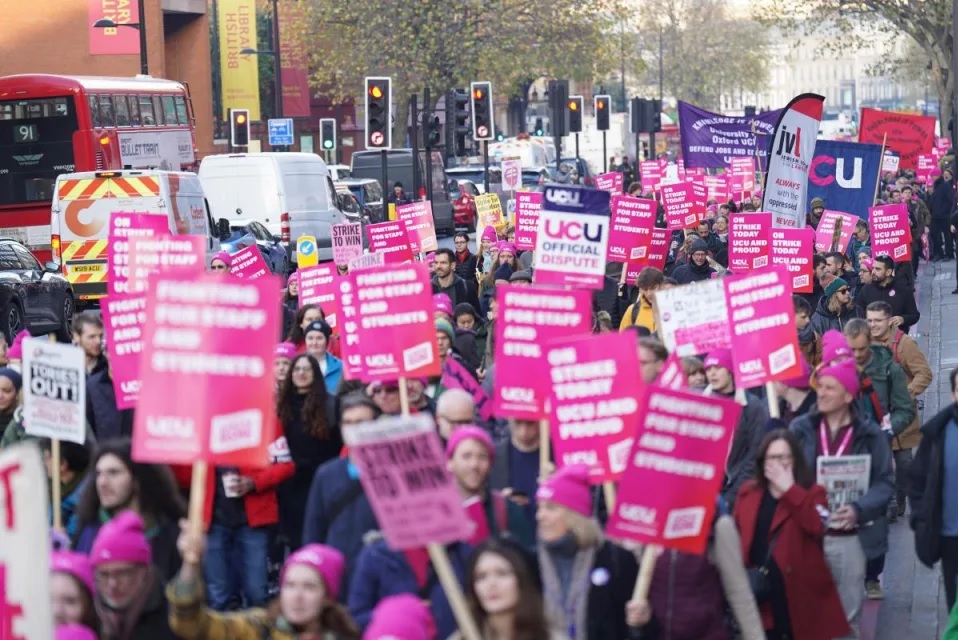
The report published by the High Pay Center was revealed this Tuesday by the BBC and points out that the managers of Britain’s largest companies saw increase their salaries by almost 16% on average last year, while the wages of most workers were reduced due to the increase in prices.
He High Pay Center published that the median income for a CEO of these companies was £3.91m £3.38m in 2022, up from £3.38m in 2021. This means that a manager earns 118 times the average salary of a worker, which is £33,000 a year.
According to High Pay Centera think tank that tracks executive salaries, the highest-paid manager last year was Pascal Soriot, the head of pharmaceutical giant AstraZenecawith 15.3 million pounds sterling.
Pharmaceutical companies were part of the global lobby that prevented the release of vaccine patents amid the covid-19 pandemic, which would have made it possible to produce and distribute them massively and very cheaply. This reported them multimillion profits that are reflected in the bonuses that they granted to their directors and shareholders.
Next on the list are the directors of the aerospace and security company BAE Systems, GlaxoSmithKline, Shell y British Petroleum.
These last two were seen benefited from rising energy pricesa by-product of the war in Ukraine, which was one of the items that triggered inflation and depreciated workers’ wages British.
The millionaire earnings of these managers contrast with the situation of British workers struggling to make ends meet in the face of rising prices.
The inflation is currently at 6.8% per year Until July. However, the figure was much higher for most of 2022, peaking at 11.1% last October, meaning that goods on average were more than 10% more expensive then compared to the prices of the previous year. This percentage is even lower than that registered in key items such as basic food or rent, or services such as electricity and gas, which increased up to 30%.
In contrast, the latest figures from the National Statistics Office (ONS) show that regular salary growthwhich excludes bonuses, was 7.8% for the three months to June compared to a year earlier, but actually fell 0.6% once inflation was taken into account.
Luke Hildyard, director del High Pay Centresaid that “at a time when so many households are struggling with living costs, we have an economic model that prioritizes a half million pound pay increase for executives They’re already billionaires.”
The response from the general secretary of the Trades Union Congress (TUC), Paul Nowak, was completely insufficient before these data. He only said that “We need an economy that offers better living standards for everyone, not just those at the top.”
This situation is what explains the wave of strikes that the United Kingdom experienced during the last year and a half. With massive actions in key sectors such as health, oil, ports, education, transportation, etc. However, unions refused to centralize claims in a general strike, which would have made it possible to force a substantial increase for all workers affected by inflation.
This situation allowed the inflexibility of companies and the State that refused to grant increases or offered minimal increases which did not cover inflation. Even both the Government of Boris Johnson and that of Rushi Sunak, sought from prohibiting strikes to decreeing the essentiality of different services to limit them to a minimum.
Even so, and despite the role of the union leaderships, British workers maintain different demands and strikes as between teachers, transportation and health personnel, which are being developed these days.
Source: www.laizquierdadiario.com

